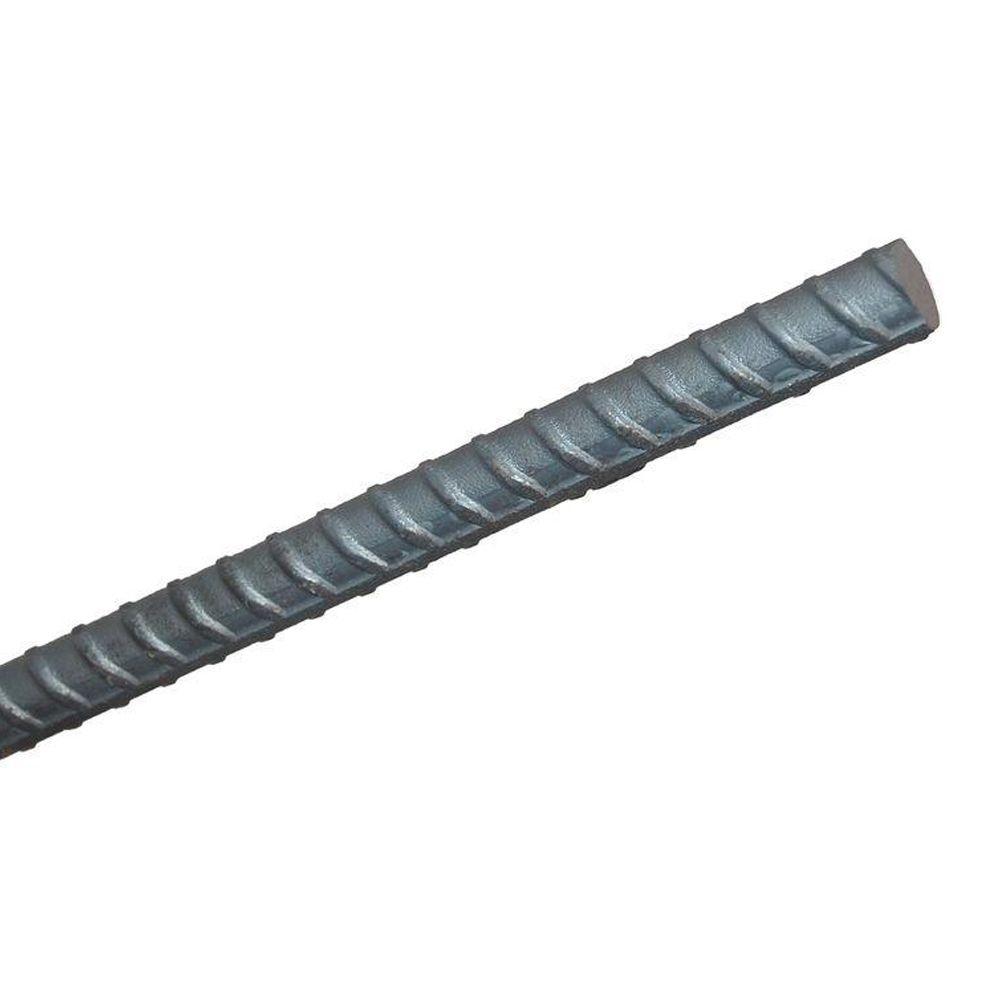Q. Our water bill gets high in the summertime. I suspect
we're overwatering but don’t know. What strategy can we go through to determine
when plants are getting just enough water. More than enough is hard to
determine.
A. There are 2 pieces of information you need when irrigating: how many minutes to run the irrigation timer and how often. This is the basic information that's entered into an irrigation controller in a variety of methods. Irrigation controllers have all sorts of whistles and bells but that 2 pieces of information is what is needed.
This requires a small investment on your part in the
beginning. The two questions that need answering are when to water and how long
(minutes) to water.
How often to water
You will need some sort of moisture meter that measures
soil moisture and a steel rod for determining how long to water.
There are two types of soil moisture meters available. One is inexpensive you can buy at box stores for houseplants for less than $10. A better one can be bought online for $40 – $75, can be pushed into more difficult soil and lasts longer. I have purchased both the Reotemp and Lincoln soil moisture meters and the Lincoln lasted. The Reotemp fell apart after a few tries.
 |
| This is the Lincoln soil moisture sensor and has had a solid workout for two years in tough Las Vegas soils. |
 |
| /The Reotemp soil moisture sensor broke after a few tries. The tip came off. Same problem was reported by another person to me. The tip was not secured to the sesnsor rod and it fell off. |
All of them have the same scale for moisture readings, 1 – 10. After
calibration, recently watered soil will read 10 on this scale. Irrigate days
later when the scale reads six. The expensive one lasts longer and can be used
in more difficult soils, but it gives you about the same reading as the
inexpensive one.
How much to water
How much
water to apply or how many minutes on an irrigation controller requires a steel
rod about three feet long. Use a 3/8-inch diameter steel rebar that is 3 feet
long. They can be purchased at the major box stores for about one dollar.
Shortly after the irrigation, push the steel rod into the wet soil in several
spots.
 |
| This is what the steel rebar looks like if you go looking for it in the store. You can get it at any box store/hardware store. Get the 3 eighths inch diameter rebar and select one that's about 3 feet long. They will have them in various lengths. If you want to get fancy you can sharpen the end of it into a point on a grinder and bend the top over into a handle. But using it as is works just fine. Pushing this into the wet soil will tell you how deep the water has penetrated. It slips into wet soil easily but when it hits the dry stuff it's hard to push. Lawns and flowerbeds should be irrigated to a depth of 8 to 12 inches. Large trees should be irrigated to a depth of about 2 feet. https://www.homedepot.com/p/1-2-in-x-20-ft-Rebar-REB-4-615G4-20/202532809 |
Steel bars slide easily through wet soil until they hit dry soil. Trees and large shrubs should have wet soil down to at least 24 inches. 12 inches is usually enough for most other plants including lawns and vegetables.
Water
long enough, or apply enough gallons, to make the soil wet to the desired depth
for all the plants on that circuit or valve. If some plants aren’t getting
enough water while others are, add more emitters to those that aren’t.
The
first two seasons you might have to measure soil moisture and use the steel bar
five or six times to get a “feel” for when to water. But after the second year
you will start recognizing a seasonal pattern to irrigating plants in your
landscape and you will not need them as often.
I bought both the Lincoln and Reotemp moisture meters on Amazon. The rebar I bought at Home Depot.

I purchsed both the Reotemp and the Lincoln soil moisture meters and the Lincoln holds up and the Reotemp didnt. One other person who also purchased the Reotemp reported the same thing to me.
ReplyDeletehttps://www.amazon.com/Soil-Moisture-Meter-Probe-Inch/dp/B001FADJ2A